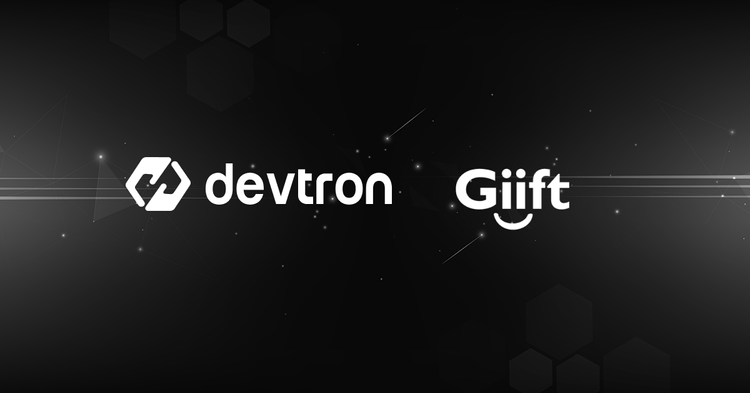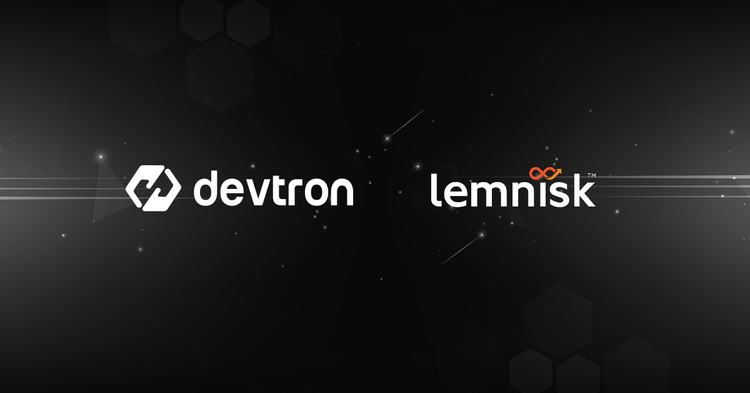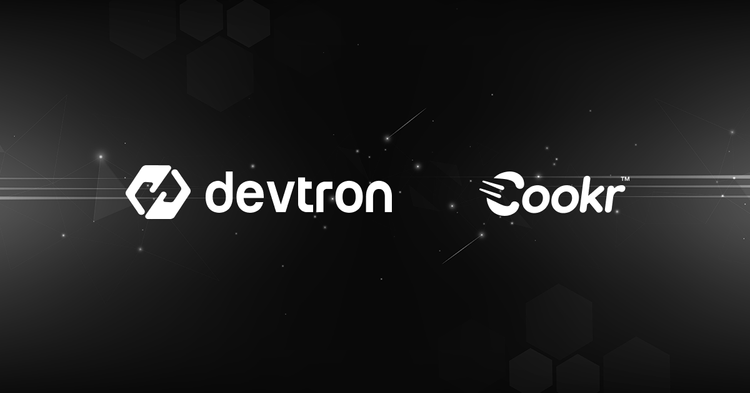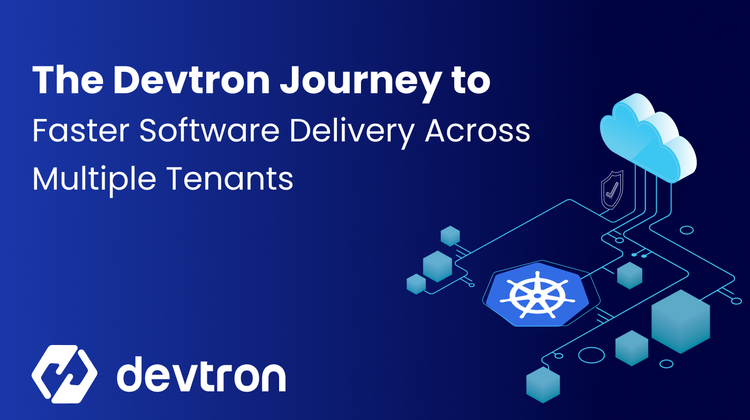73 Strings is a global Fintech firm reshaping the valuation, analysis, monitoring, and transaction of illiquid assets through augmented intelligence solutions. Headquartered in Paris, the company operates globally with offices in Bengaluru, London, New York, Brazil, and Saudi Arabia.
Background
To stay ahead in a competitive Fintech landscape, 73 Strings has built its technology stack on advanced tools and programming languages such as Java and Python. Their application framework is further augmented with AI capabilities.
The company employs two distinct deployment approaches:
- Leveraging localized cloud services.
- Deploying directly within a customer’s infrastructure in air-gapped networks.
Deployments are managed using Kubernetes to ensure efficiency and reliability. While this strategy provides flexibility, deploying software into isolated, air-gapped environments presented unique challenges.
Challenges Faced
73 Strings distributes its proprietary software across diverse customer environments, often with minimal control over the infrastructure. This complexity is compounded in air-gapped environments, where the absence of network connectivity necessitates a meticulous approach.
Previously, 73 Strings relied on a combination of tools:
- Two Jenkins instances (one on-premises, one in the cloud) for image building and deployment management.
- Rancher for deployment in air-gapped environments.
- Manually maintained Kubernetes manifests for application configurations.
This setup led to several issues:
- Delays in deployment: Manual processes slowed time-to-market.
- High employee workload: Increased operational costs.
- Prone to errors: Manual handling risked misconfiguration and instability.
- Cumbersome rollback process: Reverting to earlier deployments required multiple manual steps.
- Limited visibility and debugging: Managing Kubernetes resources in isolated clusters was challenging, and accessing environments required navigating complex VPN setups.
Collaborative Solution: 73 Strings and Devtron
To address these challenges, 73 Strings sought a Kubernetes-native platform that could automate and simplify their software distribution process. After evaluating options, they adopted Devtron as their solution.
Customizable and Modular Deployment
Devtron’s modular architecture allowed 73 Strings to selectively install components tailored to their needs. For air-gapped environments, Devtron’s Kubernetes Dashboard was deployed within on-premises Kubernetes clusters, while clients with connected environments utilized a complete Devtron instance.
Key Features Leveraged
- Fine-Grained Access Control with SSO Integrations: Devtron’s access management capabilities enabled seamless integration with SSO providers, allowing developers to access only what was necessary for their roles.
- Improved Debugging and Monitoring: With features like real-time logs, Kubernetes manifest visibility, and grouped views of deployed resources, Devtron made it easier to identify and resolve issues quickly.
- OCI Registry Management: Devtron’s ability to push and pull Helm charts from OCI registries simplified the packaging and distribution of applications, ensuring centralized configuration management.
- Devtron’s Kubernetes Dashboard for Air-Gapped Clusters: The intuitive dashboard provided a holistic view of applications and configurations, offering one-click rollbacks, version upgrades, and drift management, all within an isolated environment.
- Unified Platform for End-to-End Management: Devtron’s single-pane dashboard consolidated the stages of building, testing, deploying, and distributing software, eliminating the need for custom scripts and reducing manual effort.
Achievements with Devtron
By integrating Devtron, 73 Strings enhanced their existing processes and achieved measurable results:
- Automation: Automated ~70% of the previously manual steps for air-gapped deployments.
- Efficiency: Reduced time-to-market by 60%.
- Stability: Streamlined rollback processes and reduced misconfiguration risks.
- Visibility: Improved debugging and monitoring capabilities, boosting productivity and collaboration.
- Simplification: Consolidated disparate tools and minimized toolchain complexities.
~ Vinod Vijapur, Co-founder and CTO at 73 Strings.
Conclusion
73 Strings’ partnership with Devtron exemplifies how leveraging the right tools can enhance operational capabilities. While Devtron provided the necessary automation and Kubernetes-native solutions, 73 Strings’ strategic implementation of these tools allowed them to overcome challenges, improve stability, and deliver value to their clients efficiently.
The transformation reflects 73 Strings’ commitment to innovation and efficiency, ensuring that their software distribution processes remain robust and future-ready. This case study highlights the importance of adopting adaptable and modular tools like Devtron to streamline complex processes in today’s fast-evolving technological landscape.
Ready to see the same results for your team? Connect with us now!








